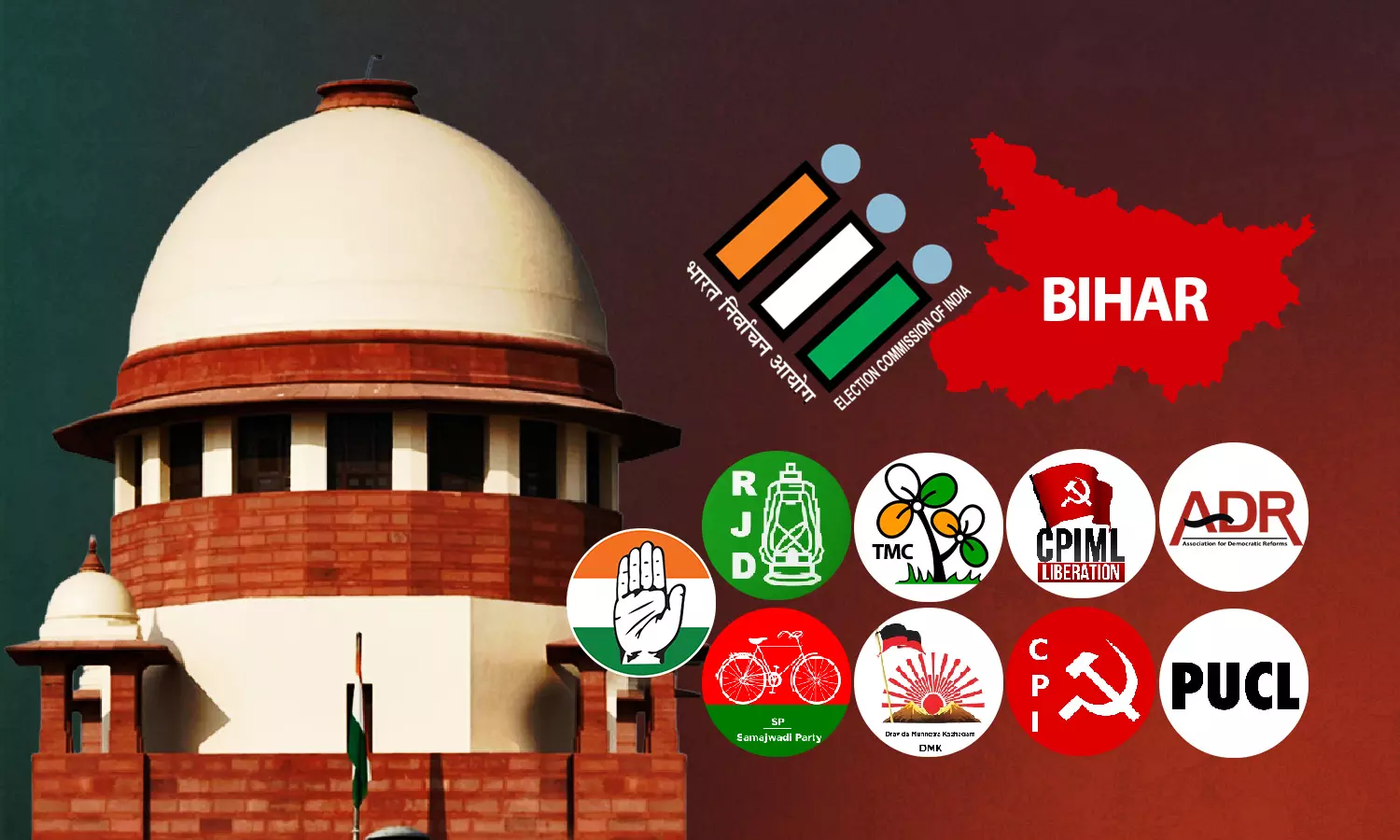Now Reading: Vidya Balan Joins 8-Hour Shift Debate in Film Industry, Says “I’m Not a Mother, So I Have Time”
-
01
Vidya Balan Joins 8-Hour Shift Debate in Film Industry, Says “I’m Not a Mother, So I Have Time”
Vidya Balan Joins 8-Hour Shift Debate in Film Industry, Says “I’m Not a Mother, So I Have Time”

As the conversation around work hours in the film industry heats up, Vidya Balan has stepped in with a nuanced take. While addressing the ongoing discussion sparked by Deepika Padukone and filmmaker Sandeep Reddy Vanga’s reported disagreement over 12-hour shooting schedules, Vidya said she personally has no issue with longer shifts—mainly because she isn’t balancing motherhood.
Her comments have brought a fresh layer to an already sensitive debate around working conditions, personal choices, and gender dynamics in Bollywood.
The Ongoing 8-Hour Shift Controversy
The larger debate began after reports emerged that Deepika Padukone requested an 8-hour work limit while filming her upcoming project Spirit with Sandeep Reddy Vanga. Some saw it as a fair ask considering her recent pregnancy announcement, while others questioned whether such constraints were practical on large film sets.
The divide has highlighted a broader issue: does the industry need to redefine work norms, especially for women navigating both career and family?
Vidya Balan’s Perspective: Case by Case
Speaking at a press interaction, Vidya said she doesn’t see the need for fixed limits on working hours for everyone. “I’m not a mother, so I have time,” she added, clarifying that flexibility depends on each person’s life situation.
She didn’t dismiss Deepika’s choice but instead supported the idea that actors, especially women, should be allowed to voice their needs without judgement. Her stance reflects a middle path—one that acknowledges both professional demands and personal priorities.
Why This Resonates Beyond Bollywood
For working women in India, especially in Tier 2 cities where balancing job and family often comes without much institutional support, the conversation hits close to home. If Bollywood—an industry known for long, erratic workdays—can start having this discussion, it could influence how other sectors view flexible work setups.
Women in cities like Nagpur, Indore, or Kanpur who work in media, healthcare, or teaching face similar struggles. The difference is, they rarely get to say no.
Industry Reactions Remain Divided
While some in the film industry support shorter shifts as a step toward humane work conditions, others argue that filmmaking is time-bound and team-driven. Coordinating hundreds of crew members around restricted hours can slow down production and increase costs.
Still, Vidya’s comments may help shift the tone—from blame or defence, to understanding and dialogue.
Conclusion: No One-Size-Fits-All Rule
The 8-hour shift debate isn’t just about time—it’s about autonomy. Vidya Balan’s take reminds us that every actor, like every working woman, has different needs depending on where they are in life.
Whether the industry adapts formally or continues case-by-case negotiations, one thing is clear: open conversations are the first step to lasting change.

























